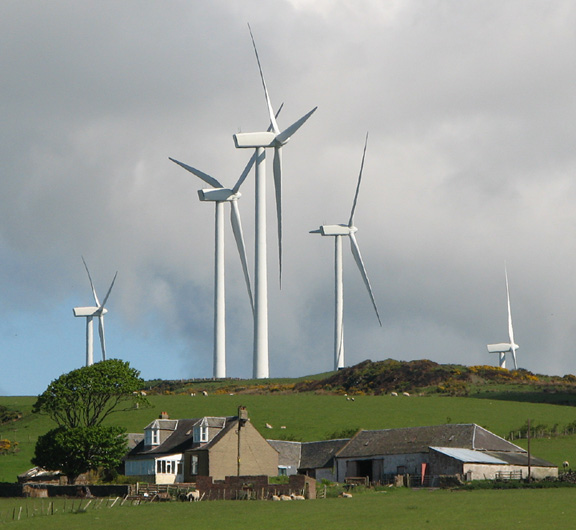 |
| via SaskPower |
So the first coal-fired power generation facility with CCS (carbon capture and sequestration) has opened in Saskatchewan. I know I'm supposed to cheer about this, it being Canadian and "green" and all, but, no.
I've never really understood the desperation to cling to fossil fuels. It just seems so sensible that instead of replacing dinosaurs with more dinosaurs, you should be moving into new, cleaner modes of power generation. And this should be easiest with outfits like Sask Power, a state-owned monopoly.
I'm pro state-owned power generation, don't misunderstand. I went through power privatization in Alberta, where public utilities were sold off and bought (primarily) by Enron--who proceeded to whipsaw everyone in the province except the few (like Edmonton) who kept their own municipal power utility.
So how is the new CCS system working in Saskatchewan? Well, Grist is reporting on a new report on the finances and functionality of the plant. As Grist reports:
In 2008, the provincial government announced the Boundary Dam CCS project, whereby one of the station’s boilers (No. 3) would be replaced with a modern 160-megawatt boiler and coupled with a facility that would capture and store up to 90 percent of the boiler’s CO2 emissions. Seven years later, in 2014, boiler No. 3 began operations, representing the world’s first full-scale coal CCS project.The plant also scrubs sulphur dioxide, NOx, and resells its fly ash. There's no reference as to whether it captures the released mercury, though. The SO2 is sold as sulphuric acid for industrial uses.
The captured carbon dioxide is compressed into liquid form and transported via pipeline. Most of it goes northwest to the aging Weyburn oil field, privately owned by Alberta-based Cenovus Energy, where it is used in “enhanced oil recovery” (EOR), boosting oil production.
But the compressed CO2 is shipped to an oil field and used for enhanced oil recovery (ie. pumped into a played out field to force the last of the oil to the surface). So I'm failing to see any significant carbon savings in this scenario. Any reasonable carbon accounting would have to include the CO2 release from the recovered oil.
And the dollars don't really add up either. According to to Grist/the Glennie report:
(All dollar figures are expressed in net-present-value terms, and in Canadian dollars.) The project — heretofore known as BD3CCS, for Boundary Dam Boiler No. 3 Carbon Capture and Sequestration — was initially forecast to cost $1.2 billion but ended up costing $1.47 billion. Of that, the Canadian federal government contributed $240 million. The remaining $1.23 billion was paid by SaskPower customers. Of the total, the new boiler cost $550 million and the CCS facility cost $917 million. Over the 30-year life of the plant, in terms of cash flow, the boiler itself nets out at a $391 million profit — that’s total revenue from power sold minus the initial investment and operation and maintenance costs. Over the same 30 years, the neighboring CCS facility will generate $713 million in revenue from the sale of CO2 and sulfuric acid. If you then subtract the initial investment, operation and maintenance costs, and the costs of “parasitic load” (the electricity required to run the CCS facility, which is almost 25 percent of the power plant’s output), the CCS facility nets out at a $1,042 million loss. Note that even if capital costs were zero, the CCS facility would still generate negative Earnings Before Interest Taxes, Depreciation and Amortization (EBITDA). Subtract that $391 million profit from the boiler from the $1,042 million loss from the CCS facility and you get a $651 million net financial loss for SaskPower customers from BD3CCS.Provincial monopoly power producers are in a position to lead in power production--just as Ontario Hydro has been pushed to do. The problem still remains that international trade agreements and entrenched interests will do all they can to thwart any progress on the transition to clean, renewable distributed power generation. As citizens, we have to demand that change even if it should cause disruption and destruction of business models.












